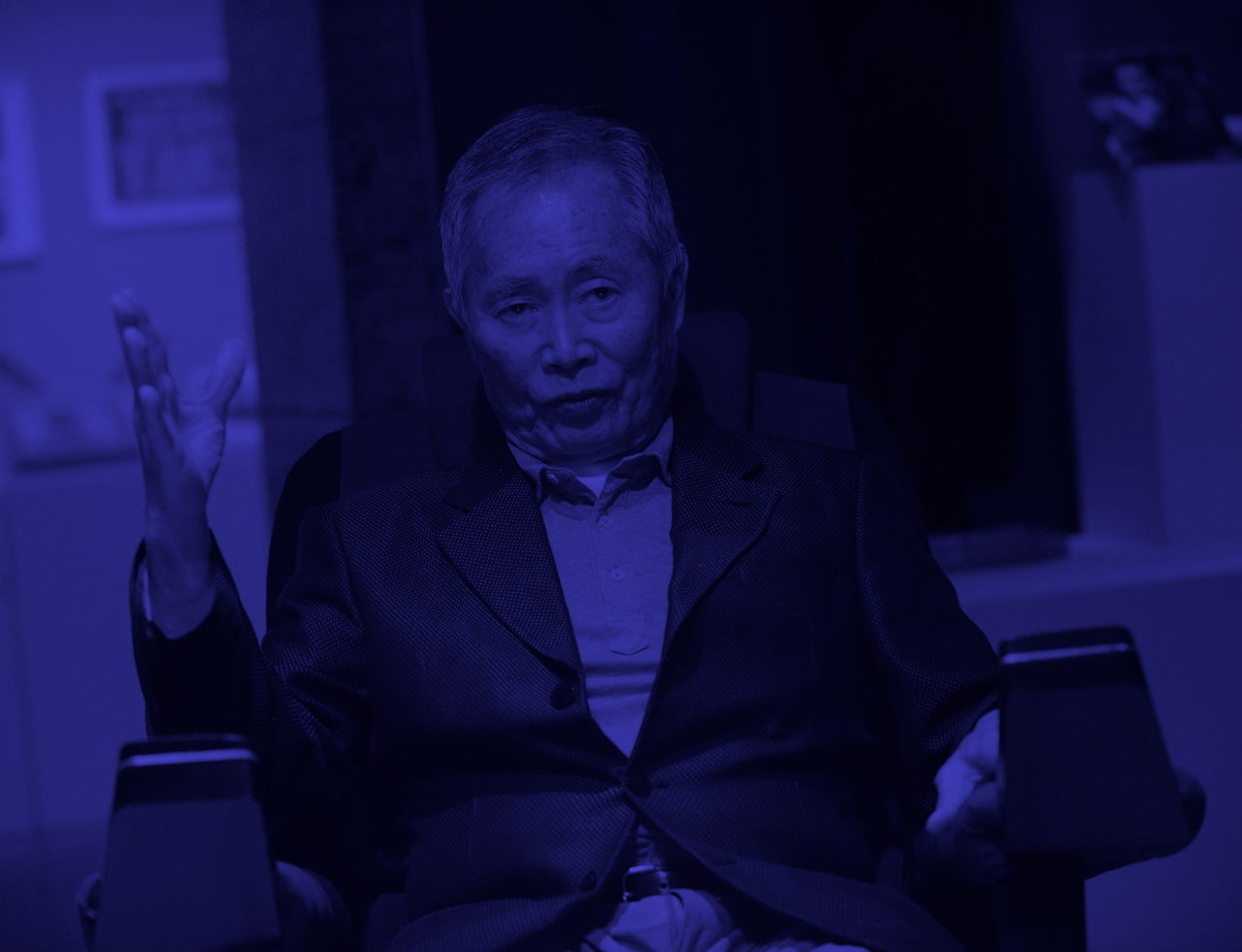George Takei isn't posting links to fun facts about Sailor Moon and Mean Girls to his Facebook page just because he loves them — he’s doing it for cash, and his failure to make that clear isn’t just a letdown for his fans but a probable violation of both Federal Trade Commission (FTC) guidelines and Facebook rules.
Takei is best known as playing Sulu in Star Trek, but has made a name for himself as a social-media influencer, posting liberal-minded political content and LGBTQ-supportive stories on his Facebook page, where he has 10 million followers.
He's since leveraged those fans for cash by posting sponsored clickbait, but without disclosing which posts are sponsored as required by the FTC and Facebook’s rules for pages, which require “disclosures needed to indicate the commercial nature of content posted by you” and clearly states that any content featured or influenced by an “exchange of value” must be marked using its branded content tool.
Exactly which stories are sponsored content is finally becoming more clear. That’s because Takei’s publishing partners are cutting ties with his Facebook page following accusations of sexual assault, which he has denied.
A story on Mic reveals that Slate, Upworthy, GOOD, Futurism, and Mic itself have ended partnerships in which they paid Takei to promote their stories on his Facebook page. Alongside debates on abortion and a study about astronauts, his page posted links to clickbait such as “Famous Quotes That Are Always Taken Out Of Context” or “Common Mistakes You're Making with Your Eyeliner,” prefaced with a pun or one-liner, and never appended with a disclosure. The page steadily shares a post an hour — a pace which doesn't appear to have slowed following the accusations or the dropped partnerships.
Mic revealed that stories shared on Takei's Facebook profile garnered an average one million page views (Correction: In an earlier version of the story, Mic said Takei was paid a whopping one cent per page view — working out to $10,000 for stories that saw such success. The company now says those numbers were hypothetical.) That Mic report pointed to a Medium post from Social Edge, an “influencer” consultancy that's worked with Takei for promotions via its Contempo network — and appears to be the source of both the Sailor Moon and Mean Girls posts. Social Edge brags Takei's reach hovers between one million and 2.4 million views per post. (Since some of the same publications appeared on Takei’s Twitter account, also without a disclosure, it’s possible the same practice happened there.)
Given how well clickbait promotion pays, it's no surprise celebrities do it. Takei is far from the only one, and Lil Wayne and Jersey Shore cast regular DJ Pauly D reportedly do the same — but it should be clearly marked as sponsored content, the FTC notes. Earlier this year, the regulator sent out 90 letters warning celebrities using Instagram to shill products and promote brands that they need to admit as much to their followers.
The regulator noted in those letters: “The FTC’s Endorsement Guides state that if there is a ‘material connection” between an endorser and the marketer of a product — in other words, a connection that might affect the weight or credibility that consumers give the endorsement — that connection should be clearly and conspicuously disclosed, unless the connection is already clear from the context of the communication containing the endorsement.”
The problem, of course, is that “Paid” label may well hurt Takei’s personal brand. (We asked Takei for comment, but have yet to hear back.) He's previously admitted to posting sponsored content on his Facebook page, but stressed the jokey text is written by, and the posts are curated by, him and a small team, which includes his husband and interns. He said earlier this year: “My Facebook page has never been a business for me.”
It'd be a lucrative business for anyone, but it might not be for much longer. Between publishers stepping back following the sexual assault allegations and fans starting to notice the clickbait, his puns are going to have to be pretty good to keep up that follower count.
Correction:Mic originally reported that it paid Takei a whopping one cent per page view, working out to $10,000 for some stories. The company now says those numbers were hypothetical but declined to provide new numbers.

